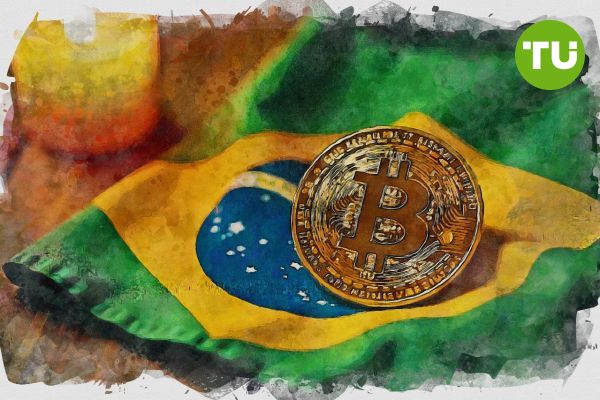Brazilian top court authorizes crypto assets seizure for debt repayment
 Brazil’s top court allows freezing of crypto to recover unpaid debts.
Brazil’s top court allows freezing of crypto to recover unpaid debts.
Brazil’s Superior Court of Justice (STJ) has ruled that judges may now order the freezing of crypto assets to recover unpaid debts, marking a pivotal shift in how digital currencies are treated under the country’s legal system.
The unanimous decision by the STJ’s Third Panel grants courts the authority to notify crypto exchanges and seize a debtor’s digital holdings—similar to how traditional bank accounts are frozen to enforce legal obligations, reports Cryptopolitan.
“Although they are not legal tender, crypto assets can be used as a form of payment and as a store of value,” the court stated, affirming their role in Brazil’s evolving financial landscape. The decision comes despite the absence of comprehensive cryptocurrency regulation in Brazil. Yet the ruling suggests that courts are increasingly recognizing the utility and economic significance of digital assets.
Crypto’s Expanding Role in Brazil Amid Regulatory Tensions
While the judiciary adapts, Brazil’s broader regulatory stance on crypto remains in flux. The country ranks second in Latin America for crypto adoption, and global exchanges such as Binance have secured local operating licenses. However, recent proposals—including a potential ban on stablecoin transactions via self-custodial wallets—have sparked controversy. Analysts warn such policies may only impact centralized platforms, leaving peer-to-peer and decentralized activity largely unaffected.
At the same time, Brazil’s largest bank, Itaú Unibanco, is exploring a native stablecoin, mirroring similar ambitions among major global financial institutions. In the U.S., Bank of America has signaled readiness to launch a dollar-backed stablecoin if lawmakers deliver regulatory clarity. This pivot away from central bank digital currencies (CBDCs), endorsed by U.S. President Donald Trump, has bolstered support for private-sector stablecoins.
As Brazil continues to refine its crypto policies, the STJ ruling signals the judiciary’s willingness to integrate digital assets into established financial enforcement tools. With legislation still pending, this legal precedent underscores the growing acceptance—and scrutiny—of crypto as a financial instrument within the country’s institutional framework.
Recently we wrote, that Brazil has solidified its position as one of the leading nations in cryptocurrency adoption, according to a new survey released by Datafolha in partnership with Paradigma Education.













































































































































